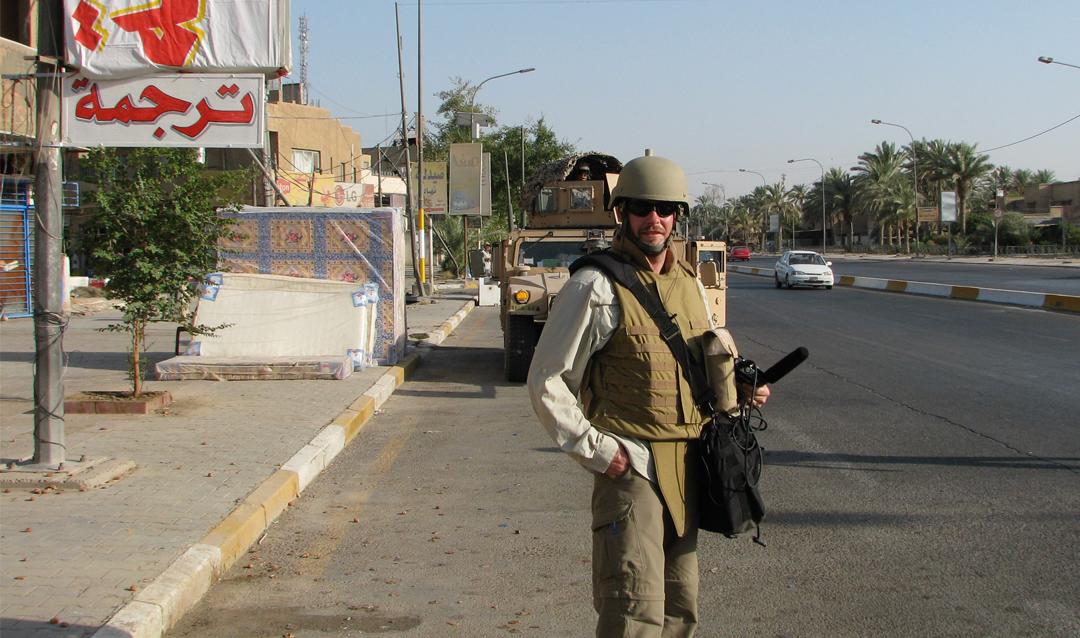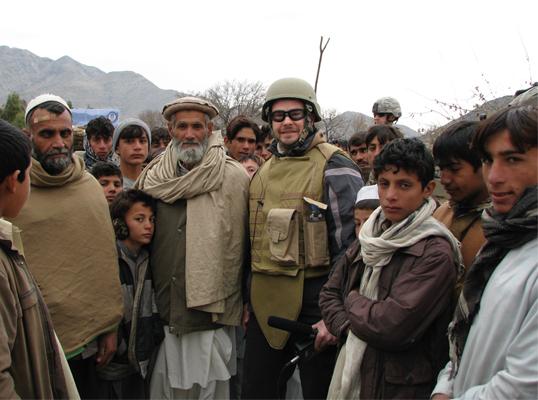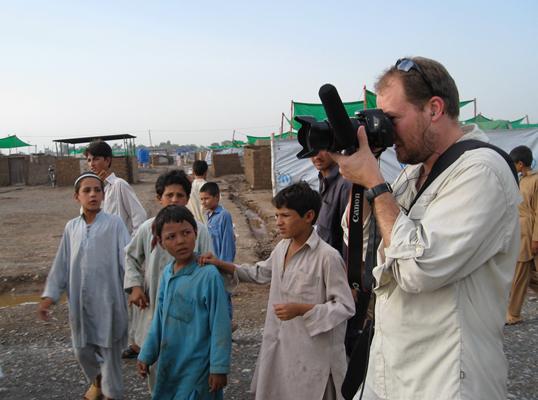Veteran foreign correspondent Sean Carberry ’91 has traveled to some of the world’s most dangerous places, including Lebanon, Syria, Iraq and Afghanistan, where from 2012 to 2014 he served as NPR’s last full-time Kabul-based journalist.
During those years in Afghanistan, Carberry reported on the deaths of friends and colleagues as the Taliban began targeting foreign civilians.
“I realized over the years of doing that work that it was affecting me, that I was changing,” Carberry said. “You’re just absorbing trauma and the worst of humanity all day long for years.”
When he returned home from his overseas trips, Carberry said he was having trouble relating to people. He was always on edge and jumpy when he heard loud noises. He said he started partaking in risky behaviors, something he wouldn’t have done had he been in a better state of mind.
Carberry had training for physical safety and security, but there was never any discussion about the psychological and emotional impacts of being a civilian who works in a war zone, he said. In 2021, at the height of the COVID pandemic, Carberry decided to write a book about his experience, “Passport Stamps: Searching the World for a War to Call Home.”








